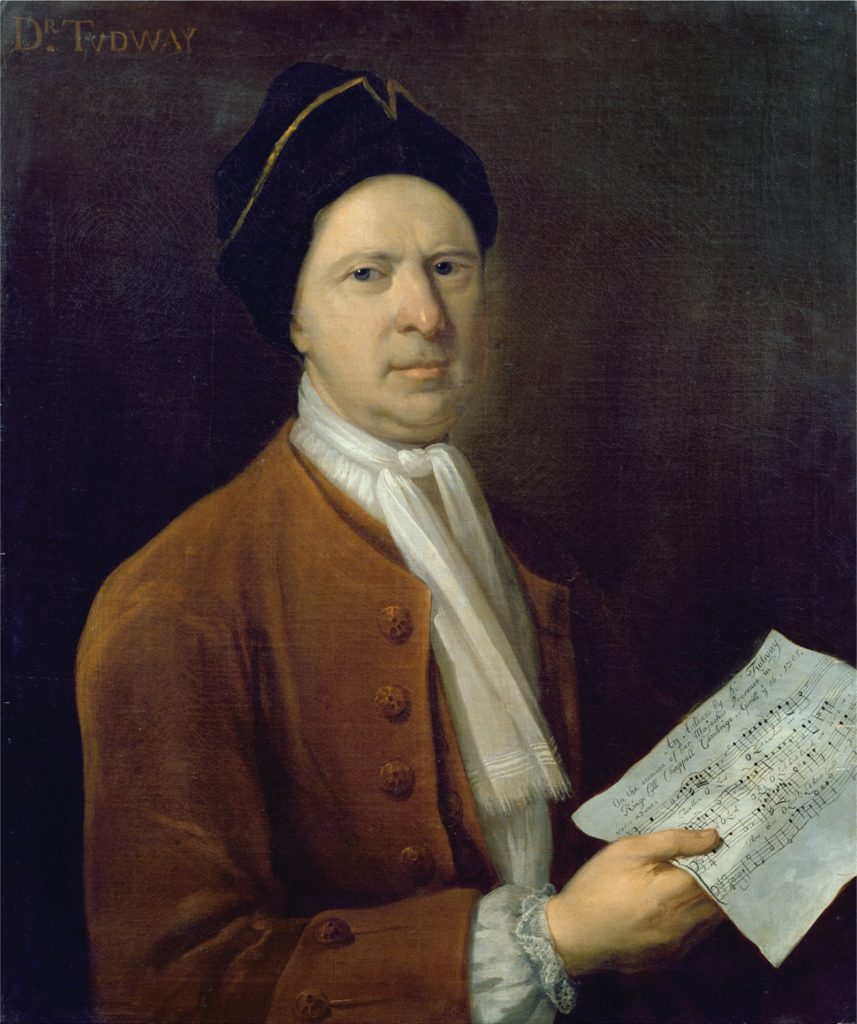
When we think of Henry Purcell (1659-1695), if we think of him at all, what comes to mind are two of his operas – The Fairy’s Kiss and Dido and Aeneas – and perhaps a few well-worn songs. You’ll pardon me the comparison, but this is like knowing Beethoven only through his first and second symphonies and few of his folksong arrangements.
The comparison to Beethoven is apt. Purcell was not just the greatest English composer of his time but arguably the most important and innovative composer living and working during the second half of the seventeenth century.

Purcell’s contemporary, the English musician and Professor of Music at Cambridge University Thomas Tudway (circa 1650-1726), spoke for pretty much his entire musical community when he called Purcell:
“The greatest genius we ever had.”
That appraisal stood for well over two hundred years; the next English-born composer of (perhaps) equal stature to Purcell was Benjamin Britten, who was born in 1913 and died in 1976.
In his time, Purcell was referred to by his contemporaries as being as “our musical Shakespeare.”
(Observes our contemporary, the English harpsichordist and music director Trevor Pinnock:
“Wherever Shakespeare went, pulling the whole English cultural bandwagon behind him, Purcell was bound to follow.”)
Pinnock’s rather snotty comment aside, comparing Purcell to Shakespeare is also apt. That’s because what William Shakespeare (1564-1616) did for the English language – elevating it to high literary art – so too did Purcell for English-language vocal music, elevating it to high musical art.
Until Purcell’s time, English was considered an “unmusical” language, particularly when compared to the vowel-dominated languages of Latin, Italian, and French. But in his ground-breaking music, Purcell created a style of melody and declamation that arose directly from the character of the English language. …
Continue reading, and see the Purcell Prescriptions, only on Patreon!
Become a Patron!